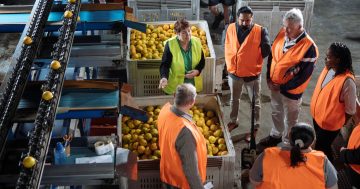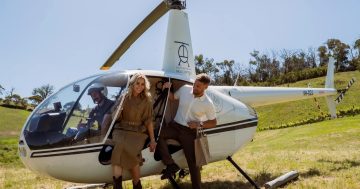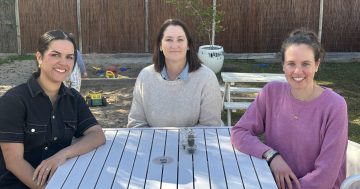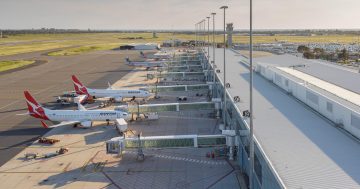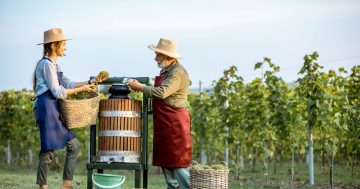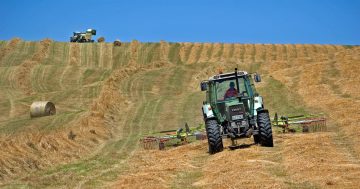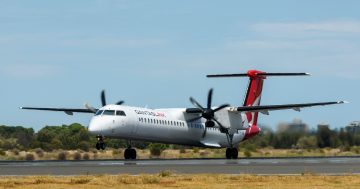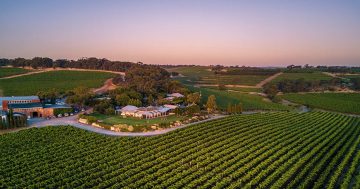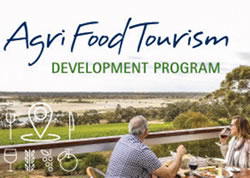 The South Australian Tourism Commission has launched an “Agritourism Sector Plan 2025” to set a vision of growing the State’s ‘Agritourism’ and raise $295 million (not including wine tourism) from visitors before December 2025.
The South Australian Tourism Commission has launched an “Agritourism Sector Plan 2025” to set a vision of growing the State’s ‘Agritourism’ and raise $295 million (not including wine tourism) from visitors before December 2025.
According to the Commission, Australia’s ‘Agricultural’ tourism market makes $17.4 billion and South Australia’s tourism industry was well positioned to target it.
“Agricultural Tourism – or agritourism as it is commonly known – is a type of experiential travel which connects people to product or produce, delivered on farming land through an ‘on farm’ experience,” the Commission said.
“Wine tourism is a form of agritourism and currently accounts for $894 million of the $994 million spent on agritourism in South Australia.”
According to the Commission, the Plan would be to take the knowledge and learnings developed through the State’s world-leading wine tourism reputation and apply it to other types of ‘on farm’ visitor experiences to help realise the potential in the broader agritourism market.
“A number of demand-driving agritourism experiences already exist in South Australia, including: Pick-your-own experiences at Beerenberg Farm and @Lenswood in the Adelaide Hills; Farm-to-fork cooking classes at The Farm Eatery in the Barossa; Farm tours at Jurlique Farm in the Adelaide Hills; and Smoky Bay Oyster Farm in the Eyre Peninsula,” it said.
It also said: “Behind-the-scenes tours at Emu Ridge Distillery and KI Living Honey on Kangaroo Island; and Experiential farm stays such as at Rawnlsey Park Station in the Flinders Ranges and Outback.”
“Consumer research conducted by Tourism Australia shows agritourism has a strong appeal among South Australia’s key international markets, including the United Kingdom, United States, New Zealand, Germany, France, and Italy,” it said.
Launching the new Plan, the Minister for Tourism, Zoe Bettison said agritourism had a ‘huge opportunity’ in South Australia as a growing sector and attractive to top priority international markets.
“Our state has an extraordinary advantage to leverage the success built in wine tourism to create new on-farm products and experiences which help realise the potential in this multi-billion-dollar market,” Ms Bettison said.
“Growing the value of agritourism in South Australia will not only grow our overall tourism dollar, but it will help strengthen regional economies and provide sustainable environmental and social benefits for rural communities for years to come.”


